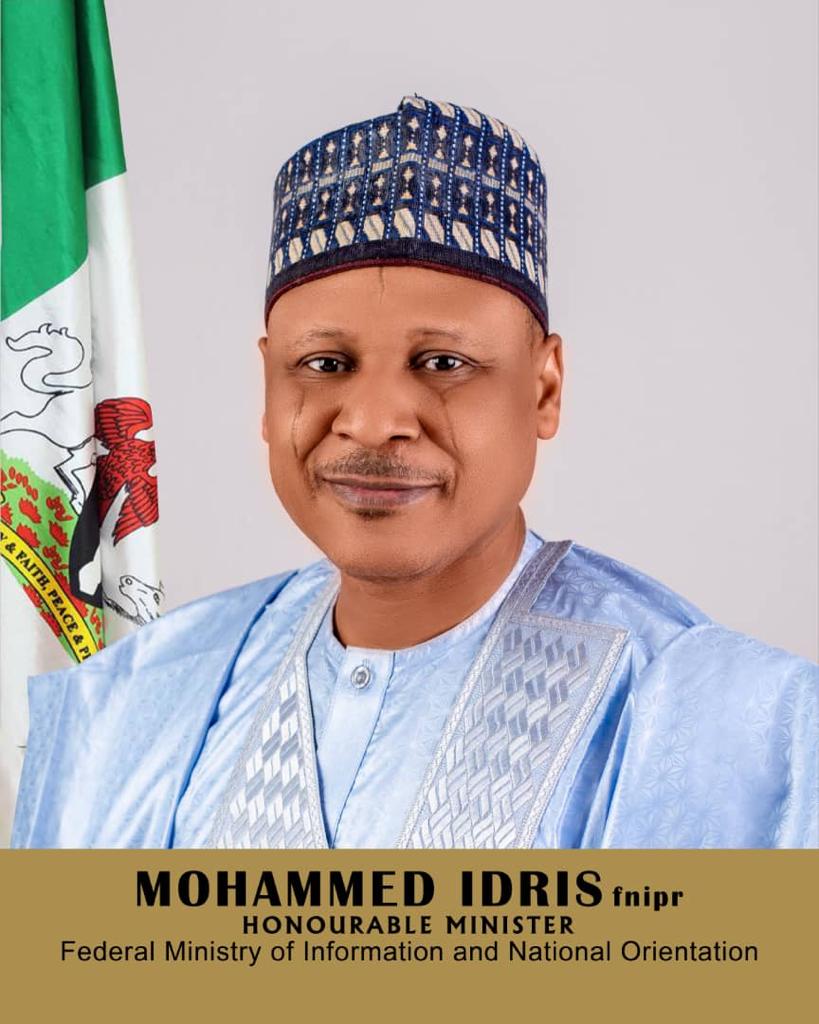By Haruna Salami
The new boss of the National Social Investment Programme Agency (NSIPA), Mrs. Halima Shehu has promised to act differently by being transparent and strict adherence to the Act of organization in her new assignment to enhance transparency in the overall interest of the country.
The National Coordinator and Chief Executive Officer (NC, CEO) who agreed with the senators during the screening exercise Wednesday that the poverty level in Nigeria has not reduced despite the fact that a lot of funds has been sunk in the NSIP programmes, however believes that with an institutional framework in place, which has clearly identified the functions of the National Coordinator, governing body, the stakeholders, which includes the lawmakers in both chambers of the National Assembly, the state governors, she and her team will succeed.
According to her, “in the four programmes of the Social Investment, each targets a different type of group. The Conditional Cash Transfer (CCT) programme targets the poorest of the poor in the remotest parts of the country with a N5,000 bimonthly stipend. This is just for normal consumption.
The programmes are structured and they have a design, but unfortunately none of the programmes have been taken into their logical conclusion.
“It is only when all of the components of the programme have been taken to their logical conclusion that you will find the impacts in these households.
She said although there are gaps and challenges in the CCT programme, which drew much criticisms, “but the accountability process of the Abacha restitution funds of the World Bank is being supervised by the Swiss development partners of the World Band.
“We at the office, we don’t come in contact with the physical cash even when we were doing it except we go to the field. So the disbursement of the cash starts from the CBN where this account is domiciled through the payment service providers who are regulated and licensed by the CBN and disbursement is done by the payment service providers.
It is when all the payments are being made. Even when we became digitized the payment service providers come back to the bank and a team of reconciliators of all these banks comes together to reconcile what they paid and what has been unpaid. The unpaid balances are remitted back to the CBN account.
This is how transparent the CCT is. So it is trying to say this programme has not been taken to its logical conclusion. I participated in the scaling up of the $800m World Bank loan from the beginning to the end. That is meant to continue with the core responsibility and the livelihood grant that is yet to happen.
Then the N-Power, she said does not target the poorest of the poor. It targets graduates and non-graduates.
That programme is supposed to be for 2years. It is assumed that after 2 years, the youths must have been given another job and have been exited, but as it is today, even the very first batch enrolled have not been exited. So, none of the programmes has been taken to its logical conclusion.
Senate President, Godswill Akpabio, in his remarks on behalf of the Senate however, called for amendment of the entire NSIPA Act because there is too much discretionary power of those who implement the law.



